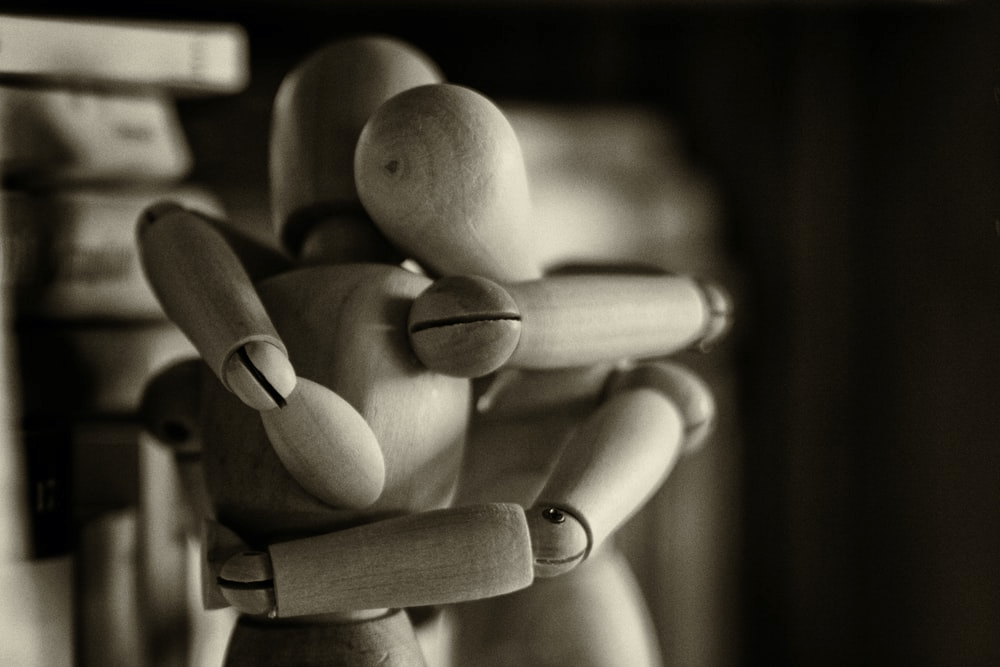What human beings have missed the most during the coronavirus pandemic and subsequent lockdowns are hugs. The forceful abstinence from hugging loved ones led to an increased interest in how humans perceived the positive effects of hugging — here’s the latest news on why you should be hugging it out:
Hugging Reduces the Production of Stress-Related Hormones
Not only does getting hugged by another person contribute to reduced stress, but hugging yourself (i.e., embracing yourself when isolated alone) also has a positive effect on stress levels. The cortisol levels (i.e., a stress hormone) are lowered at the same scale for those hugging and self-hugging.
The Duration of the Hug Determines the Mood
Have you ever experienced the rush of positivity immediately after a heartfelt hug? A hug can affect the mood significantly, which is why the optimal hug time has now been revised to 5 or 10 seconds for being ‘pleasant’.
Because hugging shares a strong relationship with health, older people who get hugged often indicate higher self-rated health. Yet, research suggests younger people encourage emotional touch than older men and women. Regardless, age shouldn’t be a barrier for deciding who can benefit from a hug.
Hugs Help People Cope with Conflict
After a social conflict, hugs can help enhance positive feelings by releasing a mood-enhancing hormone known as oxytocin. Subsequently, it reduces negative feelings by compressing stress-related brain and heart activity. According to research, an exchange of hugs makes for lesser negative and more positive affect, which can be carried on over to the next day as well. This is because a hug communicates social support.

With 20 years of experience under her belt, Azizeh E. Rezaiyan of Silicon Valley Marriage Counseling offers emotional help at her relationship counseling center in Palo Alto, California, to those in need. She’s a Farsi-speaking therapist and physiologist who conducts couples counseling, cross-cultural marriage counseling, premarital counseling, sexuality for couples, infidelity, same-sex couples counseling, male depression treatment, anxiety counseling, and family mediation in the Bay Area.

0 Comments Leave a comment